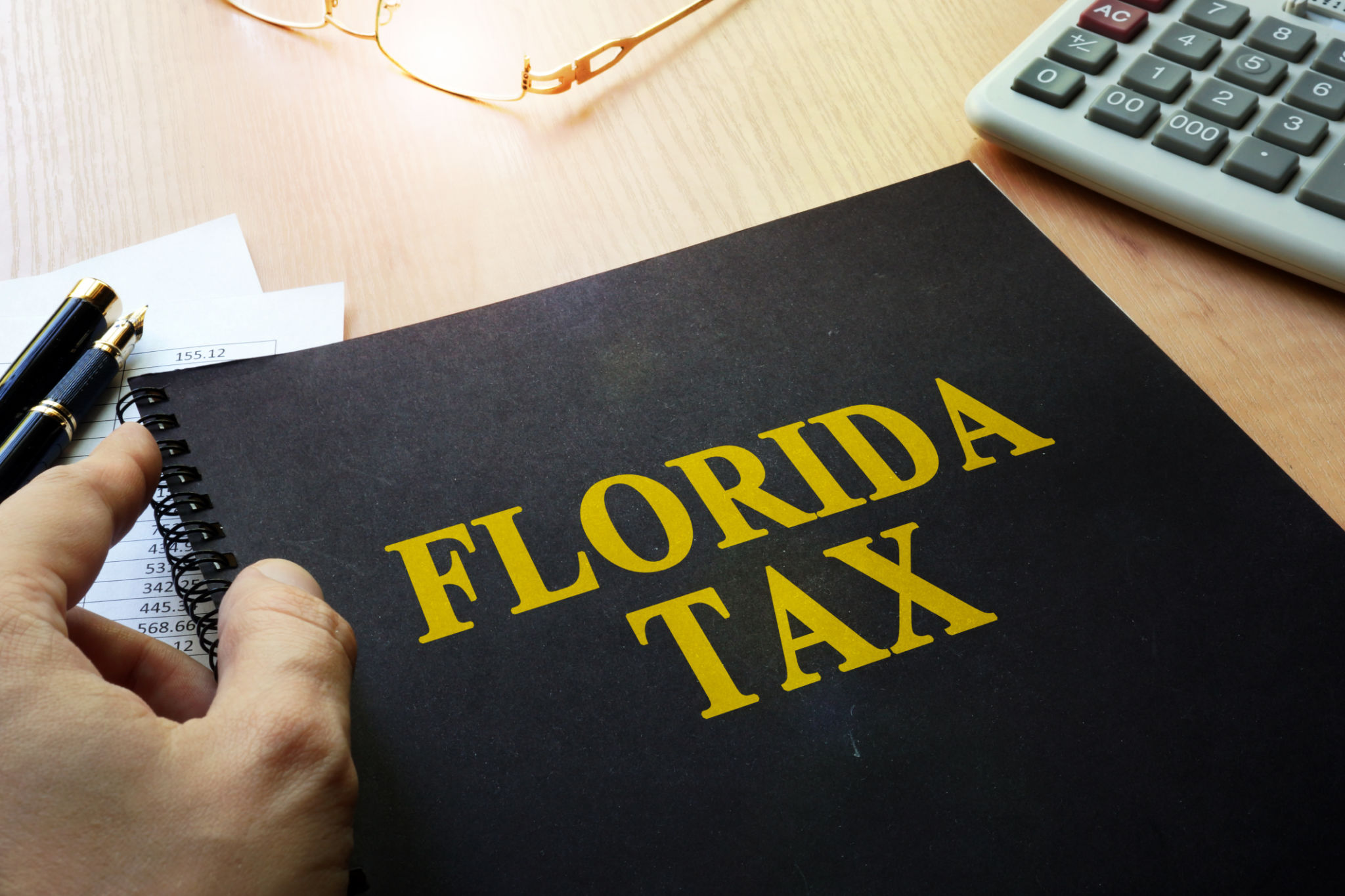How to Prepare Your Small Business for Tax Season in Florida
Understanding Florida's Tax Requirements
As a small business owner in Florida, preparing for tax season requires understanding both state and federal tax obligations. Florida is one of the few states that does not impose a personal income tax, but businesses may still be subject to various other taxes. These include corporate income taxes, sales taxes, and employment taxes.
It’s crucial to know which taxes apply to your business to avoid penalties and ensure compliance. Consulting with a tax professional can help clarify your specific obligations and keep you on track.

Organizing Financial Records
One of the most important steps in preparing for tax season is organizing your financial records. Keeping accurate and up-to-date records of income, expenses, payroll, and other financial transactions is essential. Use accounting software to streamline this process and ensure nothing is overlooked.
Make sure all receipts, invoices, and bank statements are categorized correctly. This will not only help in filing accurate returns but also in identifying potential deductions that can save your business money.
Taking Advantage of Tax Deductions
Knowing the deductions available to your business can significantly reduce your tax liability. Common deductions include office supplies, utilities, business travel, and employee salaries. Florida businesses can also benefit from state-specific incentives and credits.
Review your expenses meticulously to identify all possible deductions. However, ensure that each deduction is justified and well-documented to avoid any issues during an audit.

Staying Ahead with Estimated Tax Payments
Many small businesses need to make estimated tax payments throughout the year. These payments help avoid a large tax bill at the end of the year and potential penalties for underpayment. Use last year’s tax return as a guide to estimate your quarterly payments.
Florida businesses should stay informed about any changes to tax laws that might affect their estimated payments. Regularly reviewing and adjusting these payments can help maintain cash flow and avoid surprises during tax season.
Working with a Tax Professional
Although some small business owners choose to handle taxes themselves, working with a tax professional can provide peace of mind. A professional can help you navigate complex tax laws, maximize deductions, and ensure compliance with all state and federal requirements.

Choosing a certified public accountant (CPA) or an enrolled agent with experience in Florida's tax regulations can be particularly beneficial. They can offer personalized advice tailored to your business needs.
Preparing for an Audit
No one likes to think about the possibility of an audit, but being prepared can make the process less daunting. Keep detailed records of all financial documents and communications with tax authorities. Having organized documentation readily available will demonstrate your commitment to compliance.
Regularly review your financial records for accuracy and completeness to ensure everything is in order should an audit occur.
Conclusion
Preparing for tax season in Florida involves understanding local requirements, organizing financial records, taking advantage of deductions, making estimated payments, working with professionals, and being audit-ready. By taking these steps, small businesses can manage their taxes efficiently and focus on growth throughout the year.